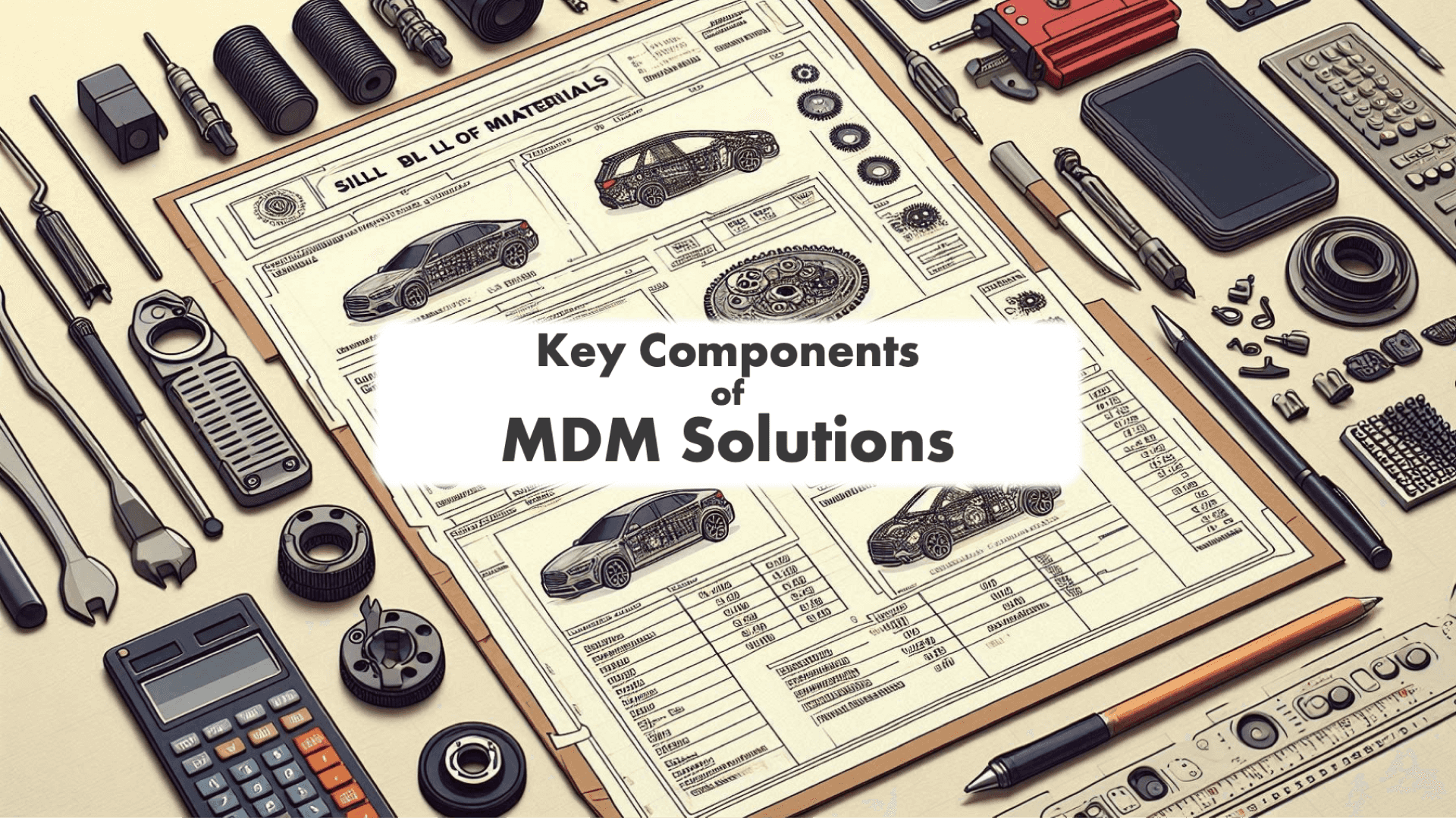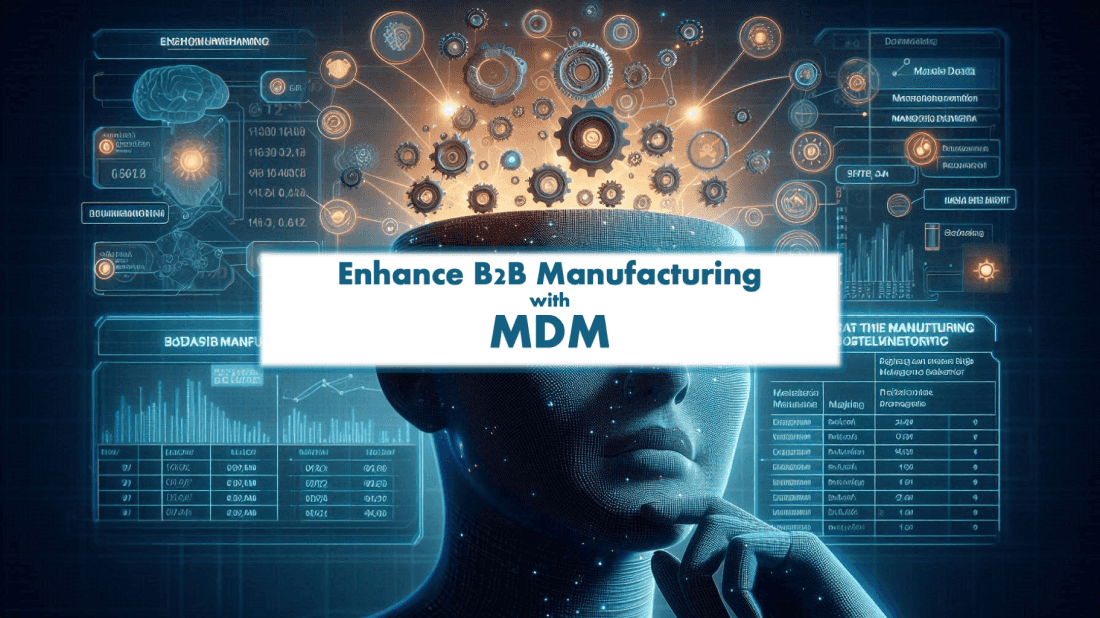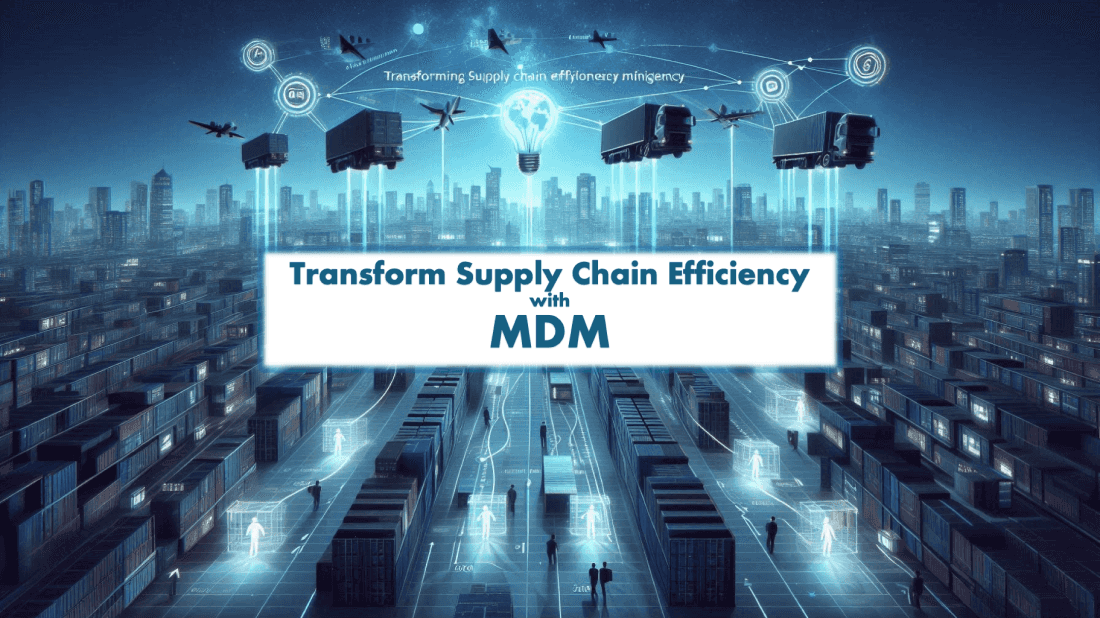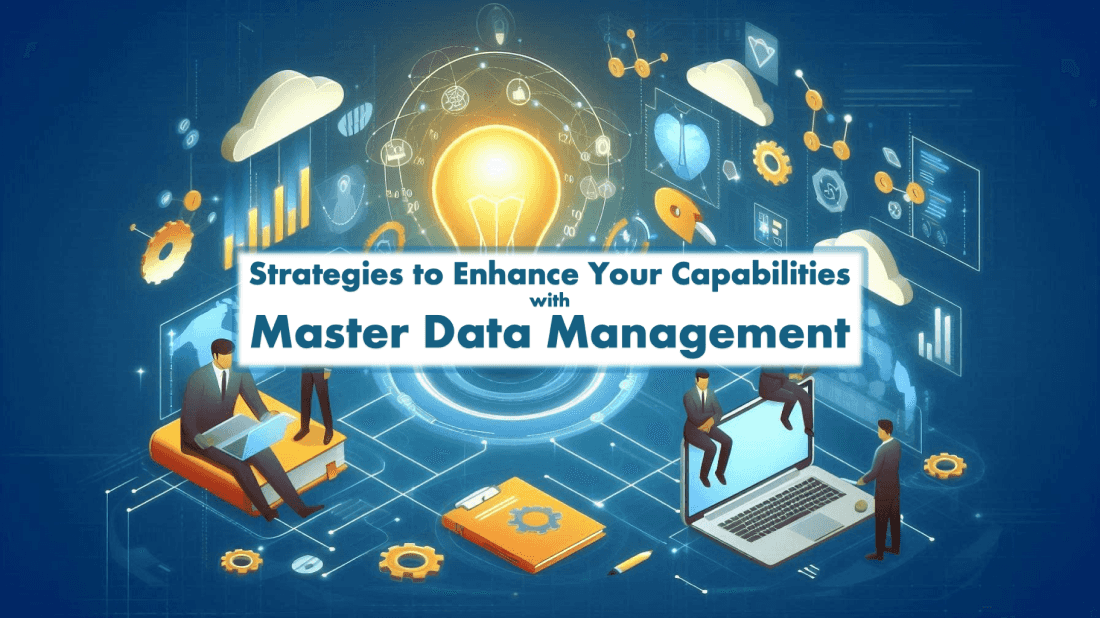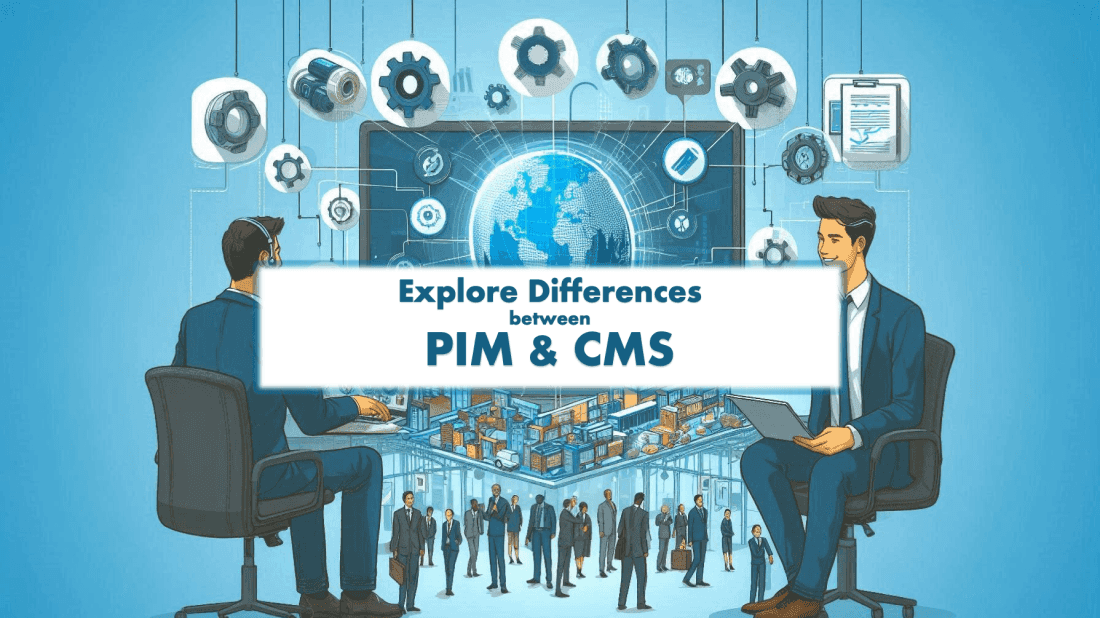Jun 5th, 2024
Master Data Management: Best Practices for B2B Manufacturers
Categories:Master Data Management SystemMaster data management (MDM) is crucial for B2B manufacturersa aiming to maintain accurate, consistent, and comprehensive data across their operations.
This article explores the key best practices to ensure your organization leverages the full benefits of master data management solutions.
What is Master Data Management?
Master data management (MDM) refers to the systematic approach of managing an organization’s critical data assets to provide a single, reliable source of truth. It involves a combination of processes, tools, and best practices to ensure data accuracy, consistency, and governance across the enterprise.
Key Best Practices for Master Data Management
-
Implementing Robust Data Governance Policies
Robust data governance is essential for maintaining data integrity. This involves setting up policies, procedures, and standards to manage data throughout its lifecycle. Define roles and responsibilities within each business unit, establish data quality metrics, and enforce compliance with data management policies to ensure data accuracy and completeness. A comprehensive data management framework should guide these efforts.
-
Establishing a Centralized Data Repository
Creating a single source of truth (SSoT) for your master data is foundational to any effective MDM strategy. This centralized repository should serve as the authoritative source for all critical data, including product specifications, supplier information, and customer details. Ensuring all systems update through the SSoT reduces data discrepancies and enhances data reliability. This centralized approach is a key benefit of master data management.
-
Ensuring Continuous Data Maintenance
Data in the manufacturing sector is dynamic, necessitating regular updates and maintenance. Implement automated processes to monitor and refresh data continuously. Regular audits and data quality checks help keep your master data accurate and up-to-date, supporting better decision-making. This is crucial for maintaining high-quality data across multiple systems.
-
Strengthening Data Security and Privacy Measures
Protecting sensitive data is critical in master data management. Implement encryption, access controls, and regular security audits to safeguard your data. Compliance with regulations such as GDPR and industry-specific standards ensures data privacy and security are maintained. These measures are particularly important when using cloud master data management solutions.
-
Facilitating Seamless Data Integration
Integrate master data across various systems and data sources to ensure consistency and accuracy. This involves using data integration tools to map, normalize, and reconcile data from different systems. Seamless data integration supports a comprehensive view of your operations, facilitating better strategic decisions. Integrating data across the supply chain can also enhance operational efficiency.
-
Enabling Self-Service Data Management Tools
Empower stakeholders by providing self-service capabilities for data management. This allows employees and partners to update and access data directly, improving data accuracy and reducing administrative overhead. Implementing secure authentication processes ensures only authorized users can modify data. Effective self-service tools are a hallmark of a robust master data management tool.
-
Establishing Data Lineage and Auditing Systems
Tracking data lineage and conducting regular audits are crucial for maintaining data accuracy and reliability. Data lineage provides a history of data from creation to present, while auditing helps identify and correct errors, ensuring high data quality. This practice is essential for understanding the flow of data and maintaining trust in your data management solution.
-
Embracing Continuous Process Improvement
Regularly evaluate and refine your data management processes to keep up with industry changes and technological advancements. Use data analytics to identify trends and anomalies, seek feedback from stakeholders, and stay informed on the latest best practices and tools in master data management. Continuous improvement is key to maximizing the benefits of your data management strategy.
Benefits of Master Data Management
Effective master data management offers numerous benefits, including:
- Improved data quality and consistency across the organization
- Enhanced decision-making capabilities based on reliable data
- Increased operational efficiency by reducing data redundancy and errors
- Better compliance with regulatory requirements through robust data governance
- Greater customer satisfaction through accurate and timely data for customer service
Conclusion
Master data management (MDM) is a vital component for B2B manufacturers looking to optimize their data management practices. By following these best practices and implementing a comprehensive master data management framework, organizations can ensure data accuracy, consistency, and security, ultimately driving better business outcomes.
About Neurologik.io
Do you feel like your product team at your company spends way too much time on tedious data administration instead of actual product work?
Neurologik.io streamlines all your product data into one intuitive platform, putting an end to hunting through scattered systems and manually updating information. Our customers cut their data management workload by 80% on average. Imagine what your team could accomplish with all that time saved.
If you’d like to explore how Neurologik.io can massively boost your company’s product team productivity, Contact us for a ProductHub demo today.
